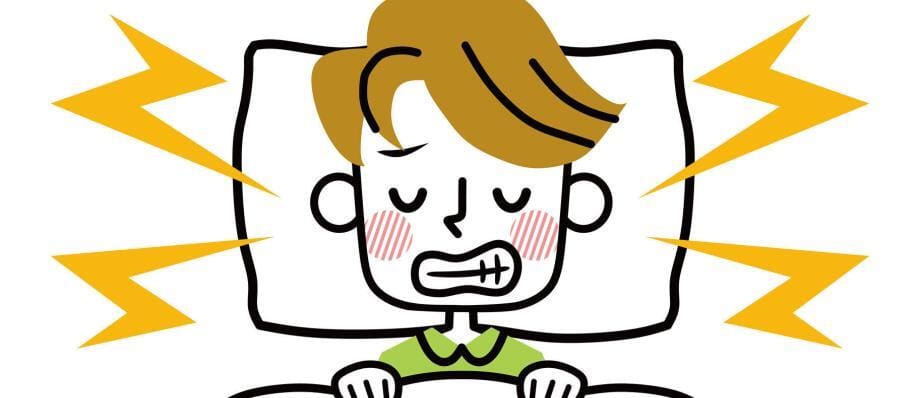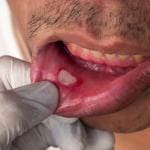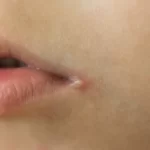Teeth grinding, also known as bruxism, is a condition in which a person grinds, clenches, or gnashes their teeth. Bruxism can occur during the day or at night, while sleeping, and it can lead to various dental problems. In this article, we will discuss the causes, symptoms, and treatment options for bruxism.
Causes of Bruxism
There are several possible causes of bruxism, including:
- Stress and Anxiety
- Abnormal Bite
- Medications
- Sleep Disorders
- Lifestyle Factors
Stress and Anxiety
Stress and anxiety are two of the most common causes of teeth grinding. When a person is stressed or anxious, they may clench their teeth or grind them together as a way to relieve tension.
Abnormal Bite
An abnormal bite or crooked teeth can also cause bruxism. When a person’s teeth do not fit together properly, it can create pressure on the jaw, which can lead to teeth grinding.
Medications
Certain medications, such as antidepressants, can cause bruxism as a side effect.
Sleep Disorders
Sleep disorders, such as sleep apnea, can also lead to bruxism. When a person’s breathing is interrupted during sleep, it can cause them to grind their teeth.
Lifestyle Factors
Lifestyle factors, such as alcohol consumption and smoking, can also contribute to teeth grinding. Alcohol and tobacco can both affect the central nervous system, which can lead to teeth grinding.
Symptoms of Teeth Grinding
The symptoms of teeth grinding can vary depending on the severity of the condition. Some common symptoms of bruxism include:
- Headaches
- Sore or Stiff Jaw
- Tooth Sensitivity
- Cracked or Chipped Teeth
- Tinnitus
Headaches
People with bruxism often experience headaches, particularly in the morning, as a result of the constant pressure on their jaw muscles.
Sore or Stiff Jaw
Another common symptom of bruxism is a sore or stiff jaw. This can make it difficult to open and close your mouth, and can also cause pain when chewing or talking.
Tooth Sensitivity
Teeth grinding can cause tooth sensitivity, as the constant pressure on the teeth can wear down the enamel, exposing the sensitive dentin underneath.
Cracked or Chipped Teeth
Severe cases of bruxism can cause cracked or chipped teeth, as the constant grinding and clenching can weaken the enamel.
Tinnitus
Tinnitus, or ringing in the ears, is another possible symptom of teeth grinding. The constant pressure on the jaw muscles can affect the muscles and nerves in the ear, causing a ringing or buzzing sound.
Treatment Options for Bruxism
There are several treatment options for bruxism, depending on the severity of the condition. Some possible treatment options include:
- Mouthguards
- Stress Management
- Dental Correction
- Medications
- Lifestyle Changes
- Behavioral Therapy
Mouthguards
Mouthguards are one of the most common treatments for teeth grinding. A mouthguard is a custom-fitted device that fits over the teeth and helps to cushion them from the pressure of grinding and clenching.
Stress Management
Stress management techniques, such as meditation or deep breathing exercises, can also help to reduce the symptoms of bruxism. By reducing stress and tension, it may be possible to reduce the frequency and severity of teeth grinding.
Dental Correction
If the bruxism is caused by an abnormal bite or crooked teeth, dental correction may be necessary. This can include orthodontic treatment or the use of dental implants or crowns.
Medications
In some cases, medications may be used to treat bruxism. Muscle relaxants or anti-anxiety medications may be prescribed to help reduce the frequency and severity of teeth grinding.
Lifestyle Changes
Making lifestyle changes, such as reducing alcohol consumption or quitting smoking, can also help to reduce the symptoms of bruxism. Eliminating caffeine or other stimulants from your diet may also be beneficial.
Behavioral Therapy
Behavioral therapy, such as cognitive behavioral therapy (CBT), may also be helpful in managing bruxism. CBT can help you identify and change negative thought patterns and behaviors that contribute to stress and tension.
Prevention of teeth grinding
While bruxism can be difficult to prevent, there are some steps you can take to reduce your risk of developing the condition. These include:
- Reducing Stress
- Getting Enough Sleep
- Avoiding Stimulants
- Maintaining Good Oral Hygiene
Reducing Stress
Reducing stress and anxiety can help to prevent bruxism. Engaging in stress-relieving activities, such as exercise or meditation, can be helpful.
Getting Enough Sleep
Getting enough sleep can also help to prevent bruxism. Aim for 7-8 hours of sleep each night to help reduce the risk of teeth grinding during sleep.
Avoiding Stimulants
Avoiding stimulants, such as caffeine and tobacco, can also be helpful in preventing bruxism.
Maintaining Good Oral Hygiene
Maintaining good oral hygiene can also help to prevent bruxism. Regular dental checkups and cleanings can help to identify and treat any dental issues that may contribute to bruxism.
Conclusion
Bruxism is a common condition that can lead to various dental problems if left untreated. The causes of teeth grinding can vary, but stress and anxiety are among the most common factors. Symptoms of bruxism can include headaches, a sore or stiff jaw, tooth sensitivity, and cracked or chipped teeth. Treatment options for bruxism include mouthguards, stress management techniques, dental correction, medications, lifestyle changes, and behavioral therapy. While teeth grinding can be difficult to prevent, reducing stress, getting enough sleep, avoiding stimulants, and maintaining good oral hygiene can all help to reduce the risk of bruxism.





